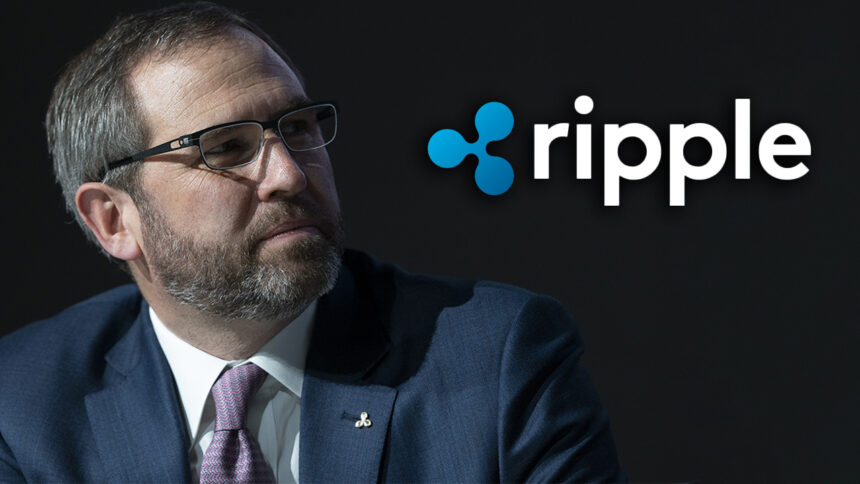Ripple CEO Brad Garlinghouse Calls for Equal Treatment for Crypto Companies
Background: Calls for Regulatory Fairness
At the recent DC Fintech Week conference, Ripple CEO Brad Garlinghouse highlighted the ongoing disparity between the treatment of crypto firms and traditional financial institutions. Using Ripple and other companies as examples, Garlinghouse called for parity in regulatory adherence and benefits, urging that crypto companies should receive the same advantages as banks when fully complying with Anti-Money Laundering (AML), Know Your Customer (KYC), and Office of Foreign Assets Control (OFAC) requirements.
“We should have the same access to structure like a Fed master account. You can’t say one and then combat the other,” Garlinghouse stated, emphasizing the need for consistent rule enforcement across financial sectors (Cointelegraph). The Ripple CEO Brad Garlinghouse crypto companies stance focuses on ensuring that equal standards translate into equal opportunities within the U.S. financial system.
Regulatory Landscape and Industry Response
While speculation surrounds possible changes in U.S. regulatory policy, including the eventual departure of SEC leadership, Garlinghouse expressed skepticism that regulators would ease their stance notably. He also addressed recent efforts by Ripple and other crypto incumbents to secure charters for broader operations. In July, Ripple applied for a national bank charter, joining stablecoin issuer Circle, while Coinbase is seeking a National Trust Company Charter.
However, applications from crypto companies have met resistance from banking industry stakeholders. Several U.S. banking groups have urged the Office of the Comptroller of the Currency (OCC) to pause decisions on issuing charters to firms like Ripple and Circle, citing “significant policy and process concerns.” Garlinghouse responded, “It’s been a little disappointing to see some of the traditional banks start to lobby against things like that,” underscoring a desire for a level playing field if all regulatory obligations are being met.
Ripple CEO Brad Garlinghouse asserted that access to fundamental banking infrastructure, such as a Fed master account, should be available “if we want more stability, if we want clear regulation” and companies remain compliant with existing standards.
Recent Developments and Future Outlook
On the same day as Garlinghouse’s remarks, the U.S. OCC reportedly approved a charter for Erebor, a financial services company backed by billionaire Peter Thiel. Although Erebor is months away from launching its services, this move could bridge gaps between traditional banking and crypto services, potentially enabling banks to address emerging needs in the digital asset sector. The outcome of applications from entities like Ripple, Circle, and Coinbase continues to be closely watched by the industry.
Ripple and its CEO’s consistent advocacy for regulatory clarity remains in focus as the crypto sector seeks integration with the broader financial system. For ongoing coverage of digital assets and industry regulation, visit Vizi’s cryptocurrency section.
What’s Next for Crypto Regulation?
The push for equal treatment of crypto companies by regulatory agencies is expected to remain a prominent topic. Decisions from bodies like the OCC and shifting attitudes in Washington will shape how crypto firms operate and access key financial infrastructure. Both traditional finance and digital asset sectors appear to be converging as stakeholders debate the appropriate framework for future innovation.
Sources: Cointelegraph




















